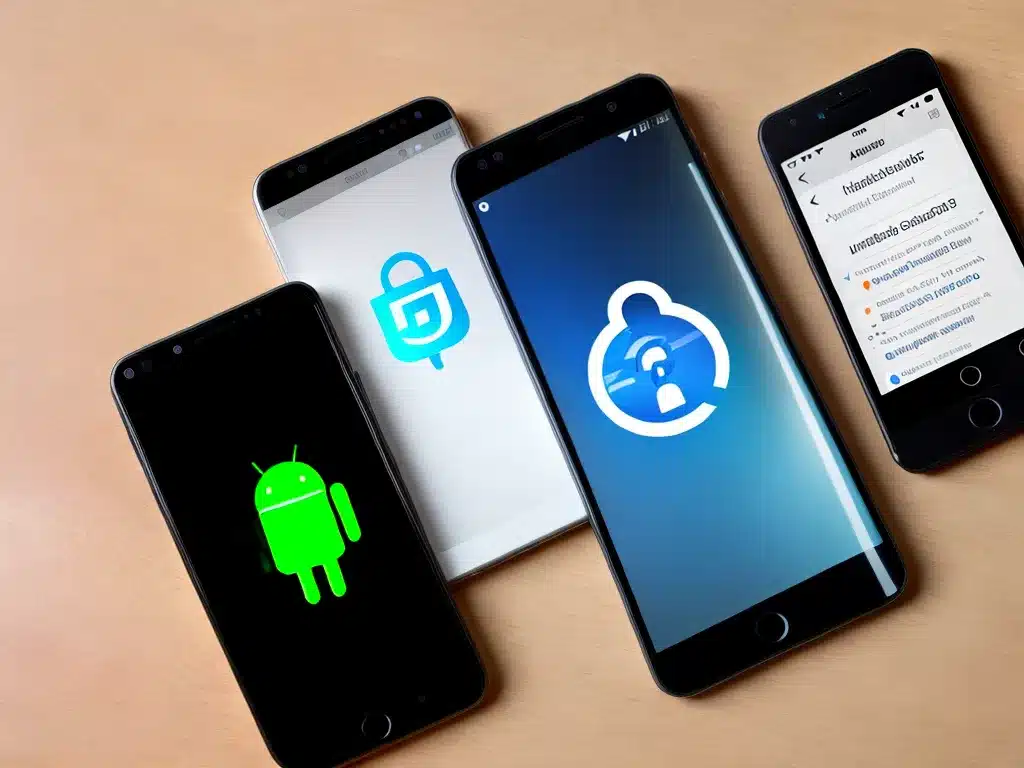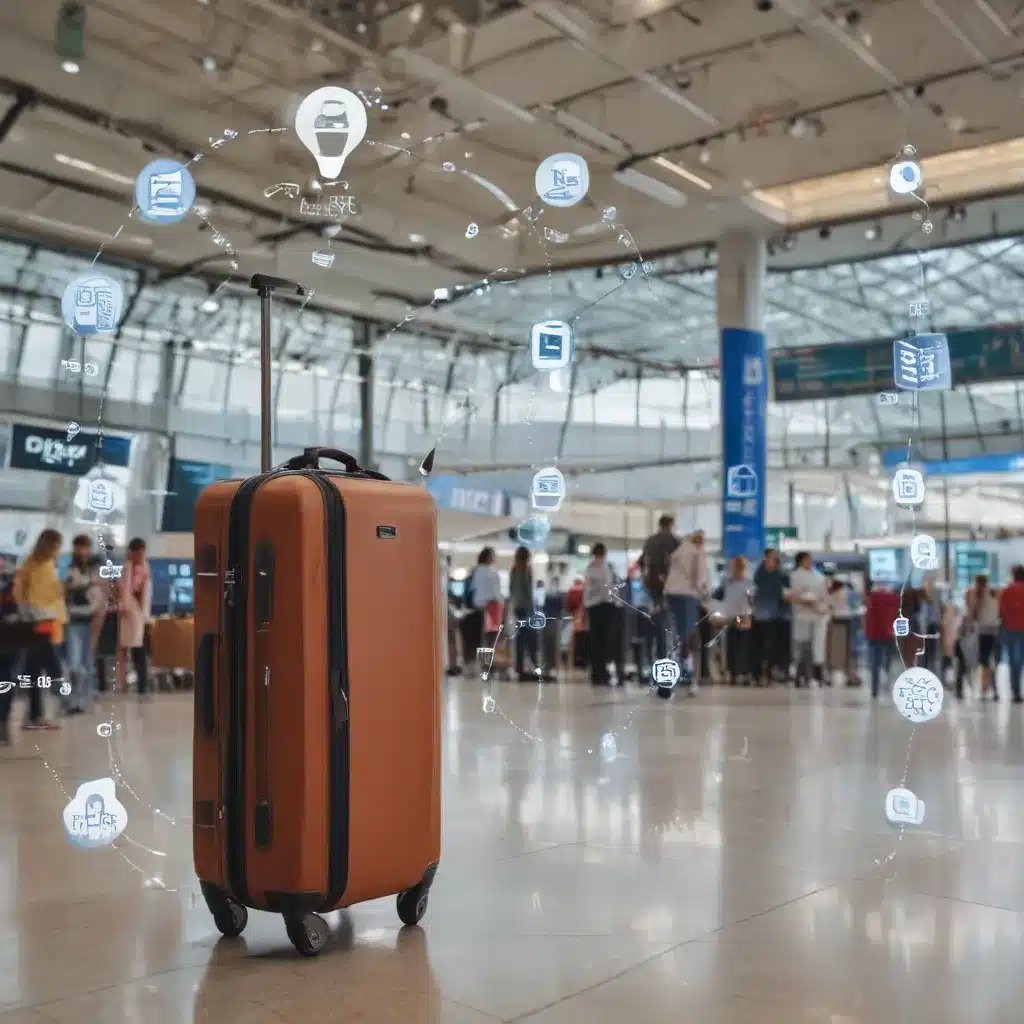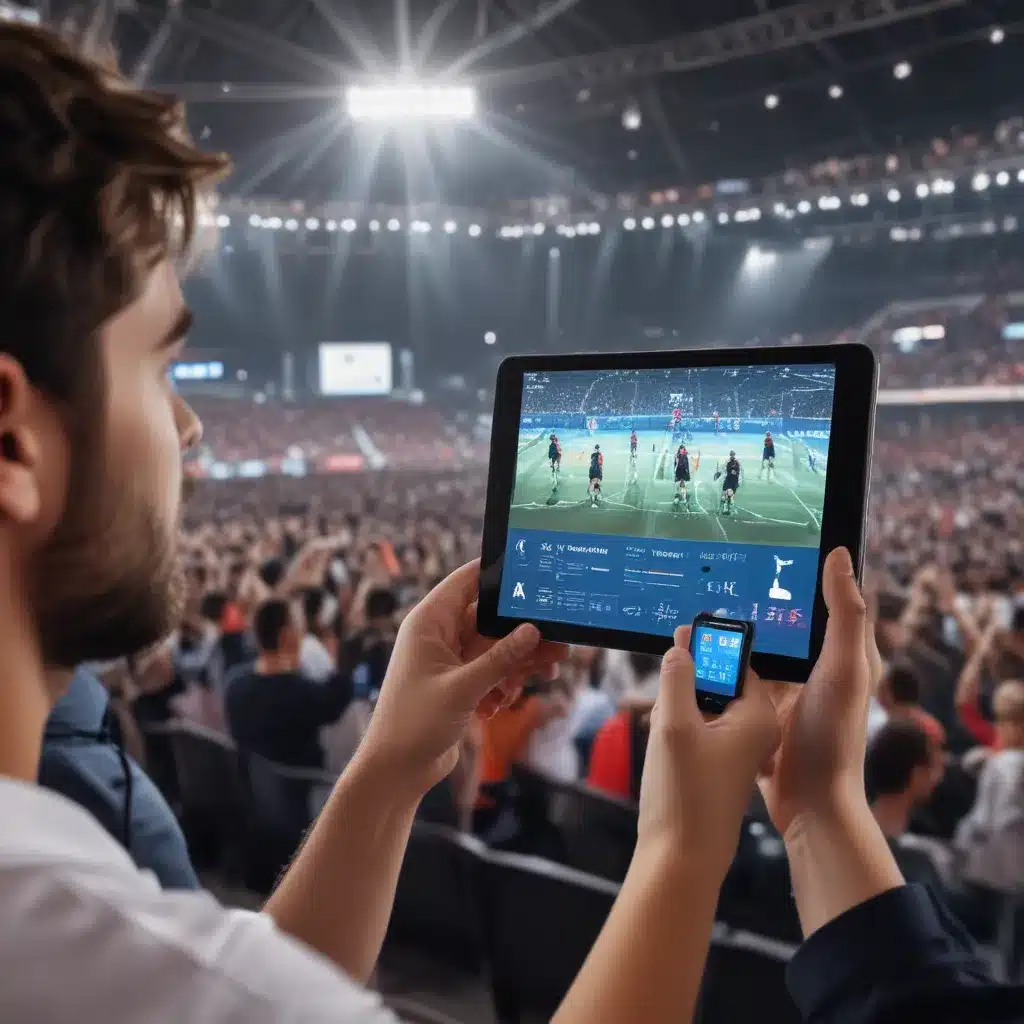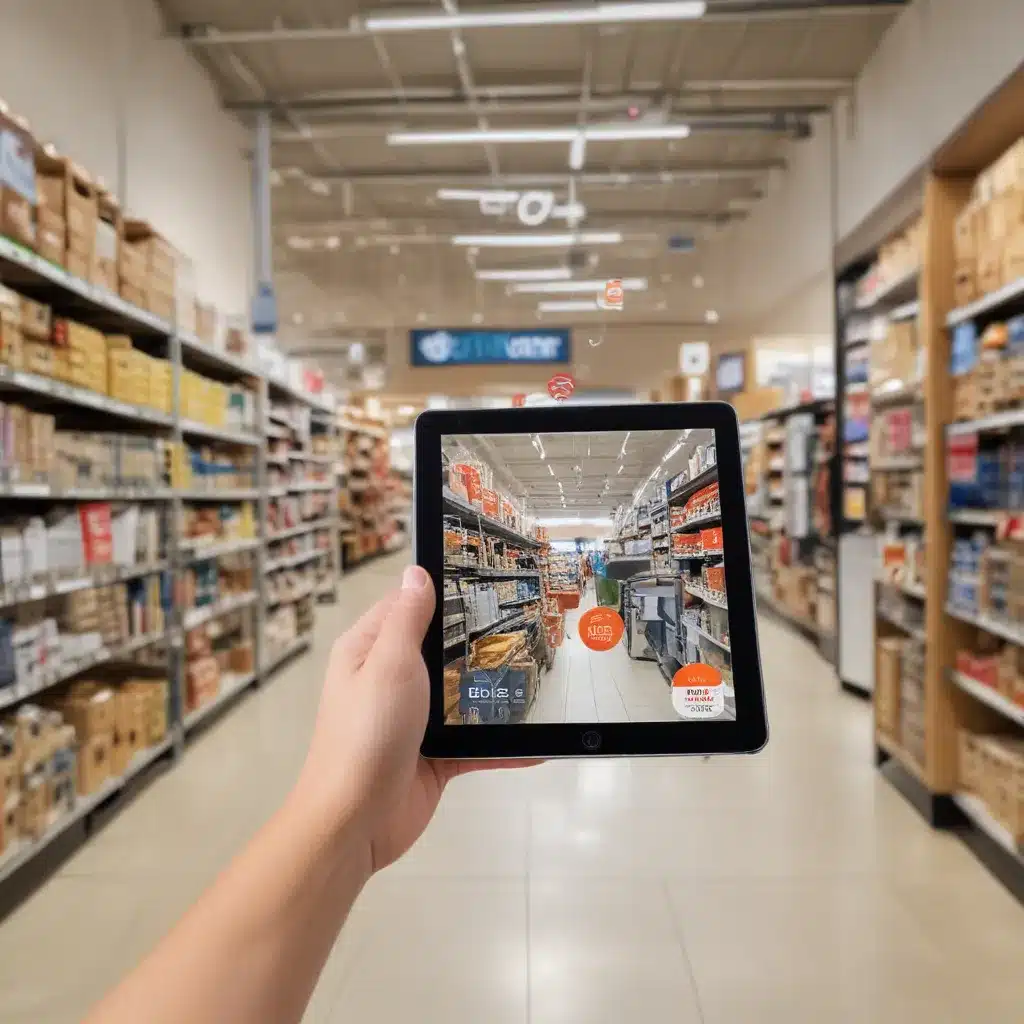iOS vs Android: Which is More Secure in 2024?
I will compare iOS and Android mobile operating systems in terms of security in 2024. I will examine the encryption methods, app security, malware threats, and privacy protections of each platform.
Encryption
iOS encryption is strong by default
-
iOS encrypts device data by default using advanced encryption methods like AES and SHA. This means most data on an iPhone is encrypted automatically without the user having to enable anything.
-
iOS uses hardware encryption – encryption keys are stored in a dedicated security module on the device instead of software. This makes it very difficult for anyone (even Apple) to bypass.
-
Key system apps like iMessage and FaceTime use end-to-end encryption so not even Apple can access their content.
Android encryption is improving but not as broadly implemented
-
Android uses similar encryption methods to iOS but encryption is not enabled by default on all devices. Users have to manually enable it.
-
Most Android devices today use software encryption which is more vulnerable than hardware encryption.
-
End-to-end encrypted messaging is limited to certain apps and not baked into the OS like on iOS.
In summary, iOS has broader and stronger default encryption protections for user data compared to Android.
App Security and Vetting
Apple tightly controls iOS apps distributed on the App Store
-
Apple rigorously vets every app submitted to the iOS App Store for security issues and malicious code. Apps cannot be distributed to iOS devices outside the App Store.
-
Apps must ask the user for permission to access sensitive data like location, contacts, photos, microphone etc.
-
Apps are sandboxed so they cannot access data from other apps or make changes to the device.
Google Play Store apps are easier to distribute and less thoroughly vetted
-
The Android app store model allows apps to be downloaded from multiple app stores, not just Google Play Store. These third-party stores may have lower security standards.
-
Google Play does scan apps for malware but its vetting process is less stringent compared to Apple. More malware slips through the cracks.
-
Apps can more freely access user data like contacts and photos with fewer permissions required.
The decentralized Android app distribution model makes it more vulnerable to malware compared to the locked-down iOS ecosystem.
Malware Threats
iOS has little malware due to tight control over the ecosystem
-
Malware is extremely rare on iOS. Kaspersky detected only 3 iOS malware samples in 2020.
-
The closed iOS ecosystem and App Store vetting prevents malware from entering the platform. Jailbreaking opens the door for malware.
Android has higher malware rates due to more open ecosystem
-
41.5 million malware samples were detected on Android by Kaspersky in 2020. Rates have increased yearly.
-
Apps can be sideloaded from third-party app stores that harbor malware. Enabling unknown sources also opens up malware risks.
The chance of encountering malware is magnitudes higher on Android compared to iOS.
Privacy Protections
Apple champions privacy as a fundamental right
-
iOS has strong default privacy settings. For example, apps must ask for permission to access location data, contacts etc.
-
Apple publicly resists efforts to weaken encryption or add backdoors for law enforcement access to devices. It has implemented privacy-preserving features like Intelligent Tracking Prevention in Safari.
-
In 2022, Apple introduced App Tracking Transparency which requires apps to ask for consent before tracking user activity across apps and websites.
Google collects more user data for profiling and advertising
-
Android apps have wider access to user data by default for tracking and ad targeting. Google’s business model relies on collecting user data.
-
Google does cooperate with government requests for user data and has not implemented privacy measures like Intelligent Tracking Prevention or App Tracking Transparency.
Apple takes a strong stance on privacy while Google’s business incentives lead it to collect more user data.
Conclusion
In summary, the tight control Apple exerts over its ecosystem results in stronger security and privacy protections on iOS compared to the more open and fragmented Android landscape. The chances of iOS users encountering malware or unauthorized access to their data is magnitudes lower than for Android users. Default encryption is also stronger covering more types of data on iOS devices. However, Android is improving security with initiatives like Google Play Protect. But iOS maintains a commanding lead over Android in terms of security and privacy in 2024.












